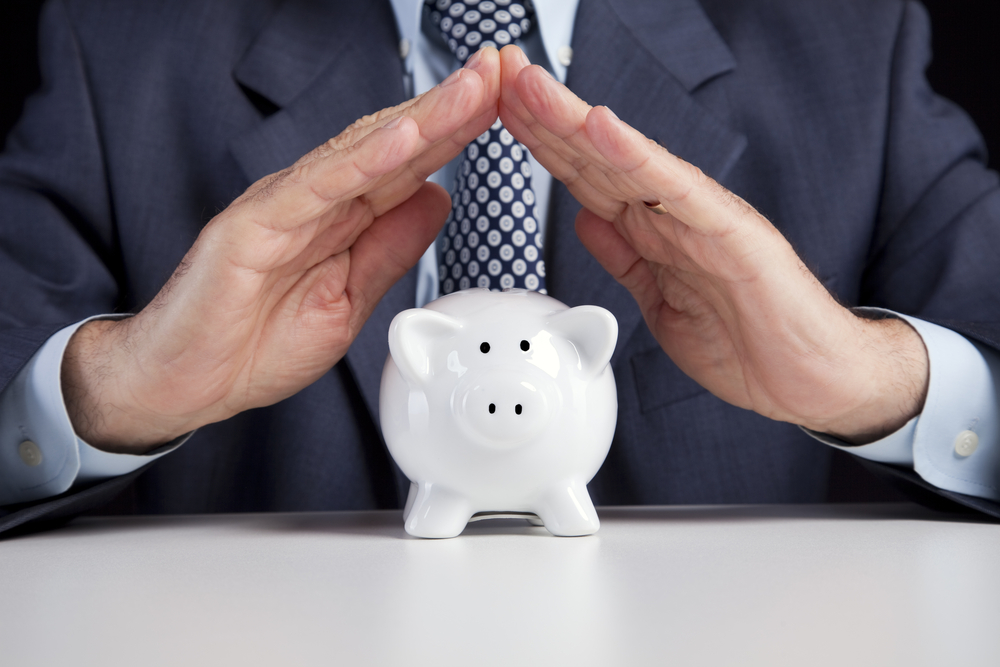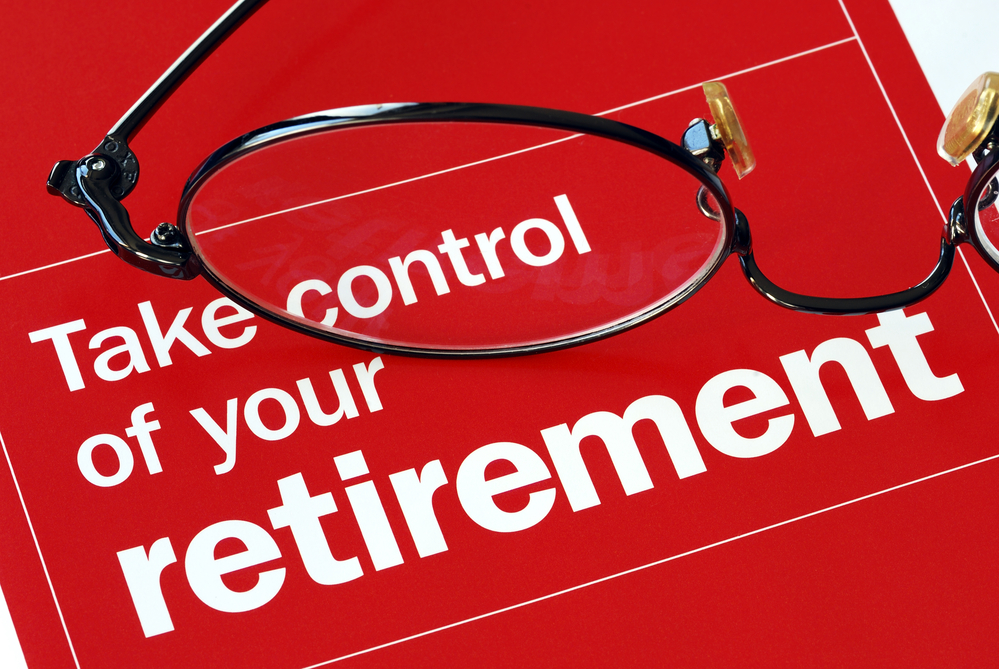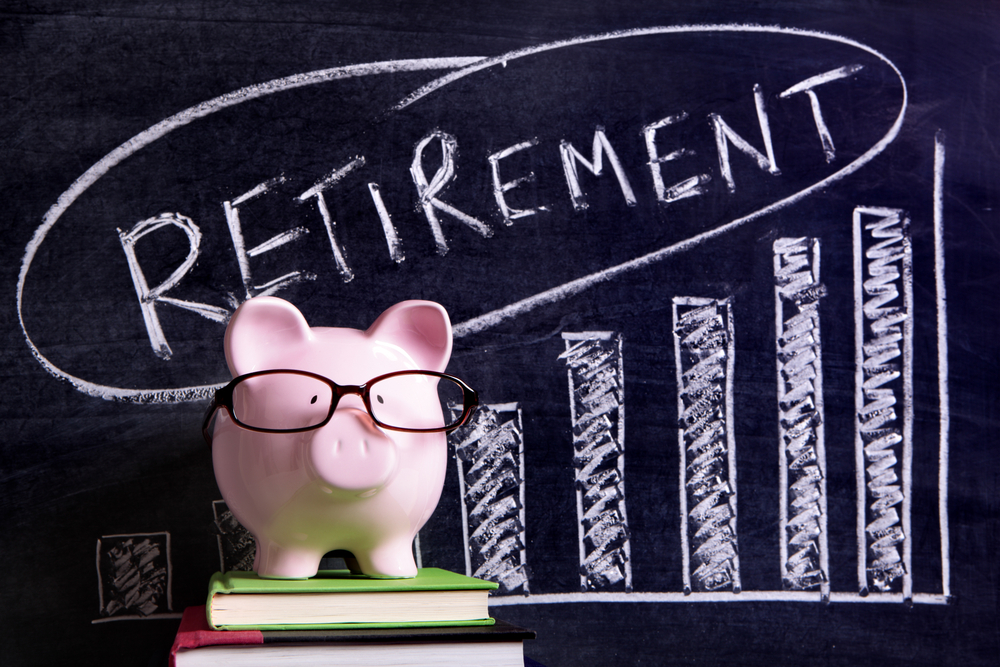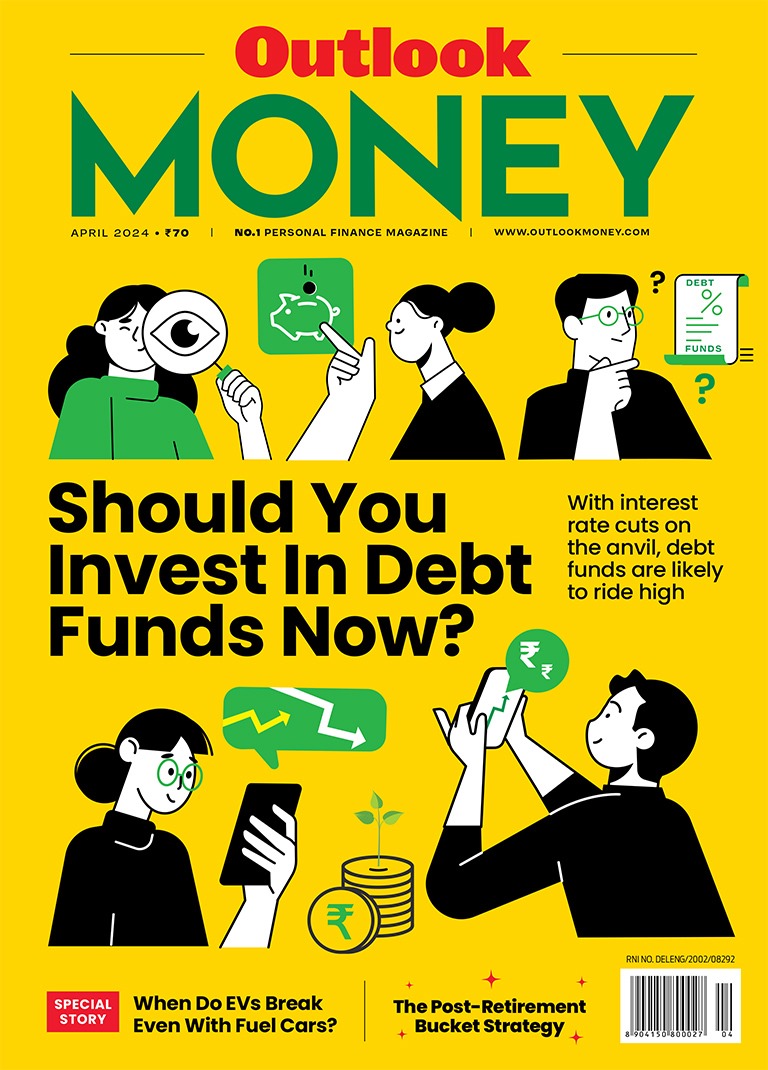Planning Your Retired Life in Covid Times
Consider taking corrective action on your retirement plans and finances to face disruption by the pandemic
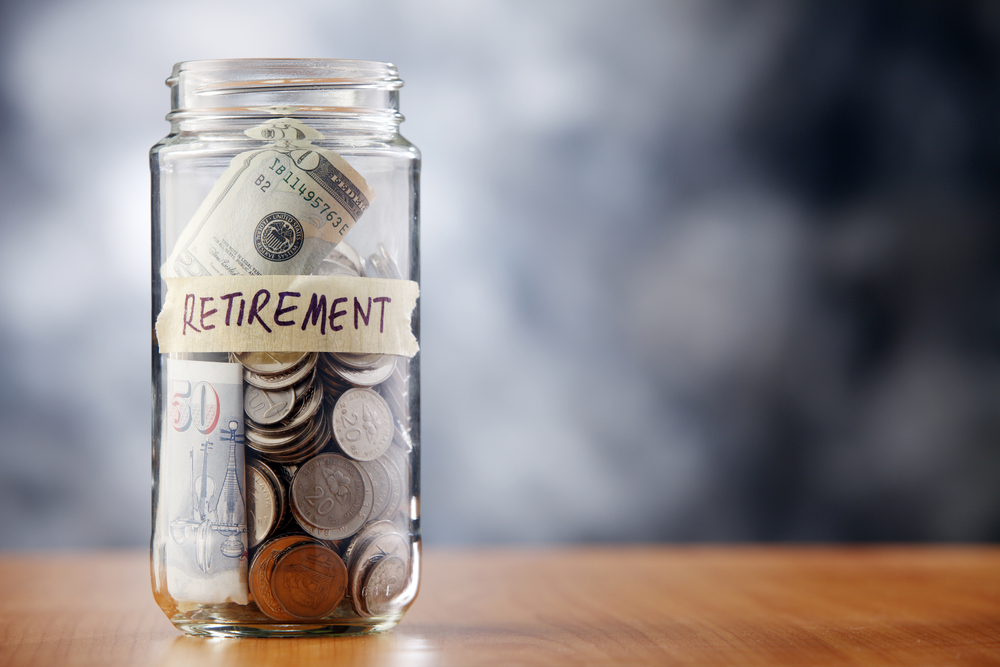
A new phase in life may soon begin for those nearing their retirement. After having clocked 9 to 5 or even more hours of dedicated work, the time to hang up the boots may soon arrive. Some retirees may want to continue working while others may want to pursue long-cherished dreams and passions. Whatever you wish to do in your post-retirement life, it has to be without worrying about earnings to sustain the golden period of your life. Whether you have just retired or are retiring soon, your retirement savings will have to be invested in such a manner that the non-earning period goes through smoothly without banking on the pay-day cheques.
Holistic retirement is what more and more retirees are striving to achieve. People nowadays are getting fitter and leading a healthy lifestyle, especially after retirement. With increasing life expectancy, your non-earning period is going to be almost that of 30-40 years, the same as the period that you spent in your active career. Therefore, you have to plan your post-retirement life prudently so as to make every rupee earned during employment help you lead a carefree life after retirement.
The Covid-19 pandemic may have unsettled your retirement plans and finances and you may have to take some corrective actions within a short period of time. Nearing retirement, make sure you are debt-free and have no EMI's during the retired years. On the other hand, ensure you have adequate health insurance coverage to meet rising medical costs. Health and wealth go hand in hand and in order to preserve and enjoy the fruits of wealth, you need to remain healthy. Your expenses on gifts to grandchildren and own traveling may increase, so keep provision for those cost-heads too. You may also need funds to visit your children/relatives abroad and or in India, to do Char-Dham Yatra or visit places like Singapore, Shimla or Mussoorie. Your lifestyle may require being able to a driver, a maid, a club-membership and so on, and these will all require additional funds, not to forget the annual inflation.
Now, comes the business side of your post-retirement years. You need to build a core portfolio of investments such that it fetches you a regular income till your lifetime. While safety, liquidity and returns will remain the primary focus, do not ignore the tax aspect. You need to invest in such a way that the tax liability in the retirement years is either nil or at a minimum. Some investment options that suit retired investors include Pradhan Mantri Vaya Vandana Yojana (PMVVY), Post Office Monthly Income Scheme (POMIS), Senior Citizen Saving Scheme (SCSS) and Floating Rate Savings Bonds 2020 etc.
However, if you invest your retirement corpus entirely in safe and fixed income investments, there's a risk you are dealing with. Over time, the purchasing power of the rupee declines because of inflation which is the biggest risk to your hard-earned money. In order to beat inflation, you need to take some exposure in equity-oriented assets such as equity mutual funds or Balanced funds.
To bring the best out of mutual funds, you should divide your portfolio in two portions namely Debt Mutual Funds and Equity Mutual Funds. In Debt Mutual Fund, we advise you to consider Banking and PSU Debt funds for additional safety and low-cost structure. In Equity Mutual Funds, we advise you to consider Asset Allocation Funds and Balance Advantage Funds. Please ensure that you opt for Systematic Withdrawal Plan (SWP) in your Debt Mutual Funds to meet your regular cash flow requirements. In Equity Mutual Funds, please opt for growth option and continue to shift funds from Equity Mutual Funds to Debt Mutual Funds regularly, say an t interval of every 2-3 years. By doing this, you ensure that the corpus keeps growing over time, the inflationary impact is minimised and on top of it, there's a regular income for you to meet your household needs.
You may also consider investing in high yield deposits offered by reputed and established companies that carry AAA ratings. However, only a small portion of your corpus may be invested in them for the medium-term horizon, based on your risk profile.
If you are retiring this year, you need to plan your money matters well ahead of your last working date. The day you retire should be the day when you retire yourself from the worries of day-to-day financial concerns. And, one last piece of advice, flush with funds on retirement, make no mistake of taking undue risks with your money.
The author is Group Director, Financial Wellbeing, Bajaj Capital
DISCLAIMER: Views expressed are the author's own, and Outlook Money does not necessarily subscribe to them. Outlook Money shall not be responsible for any damage caused to any person/organisation directly or indirectly.


